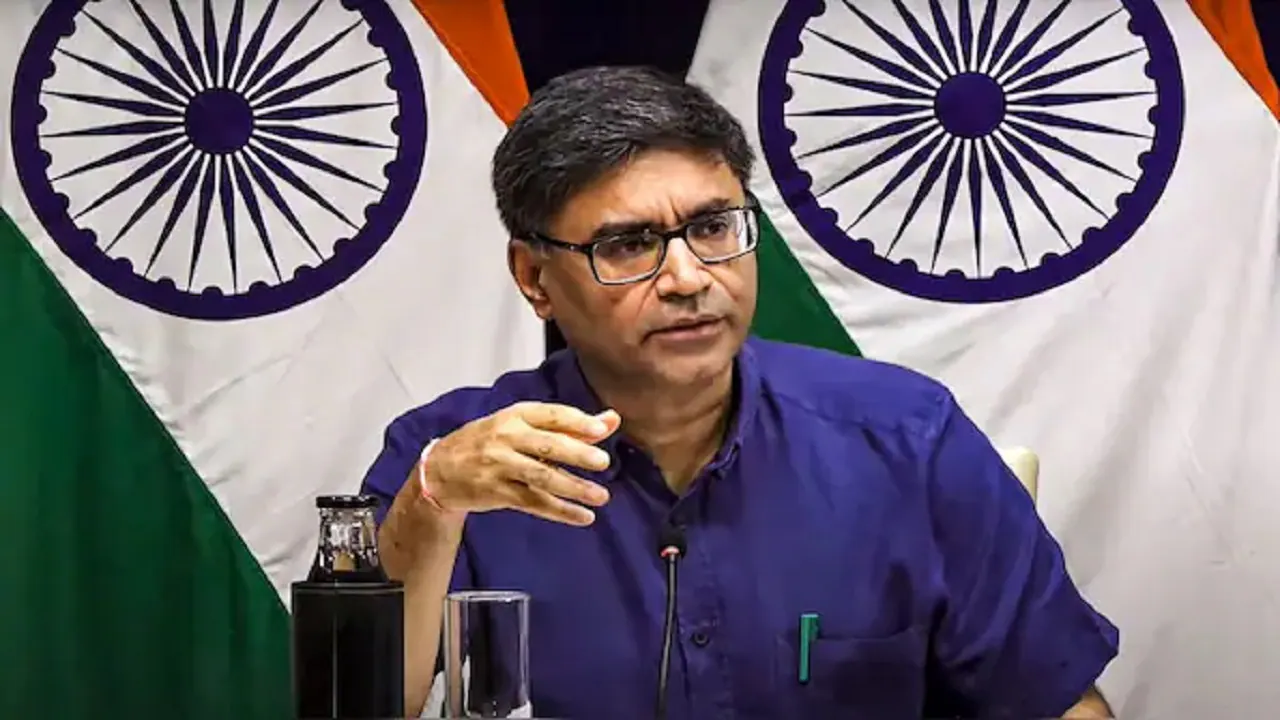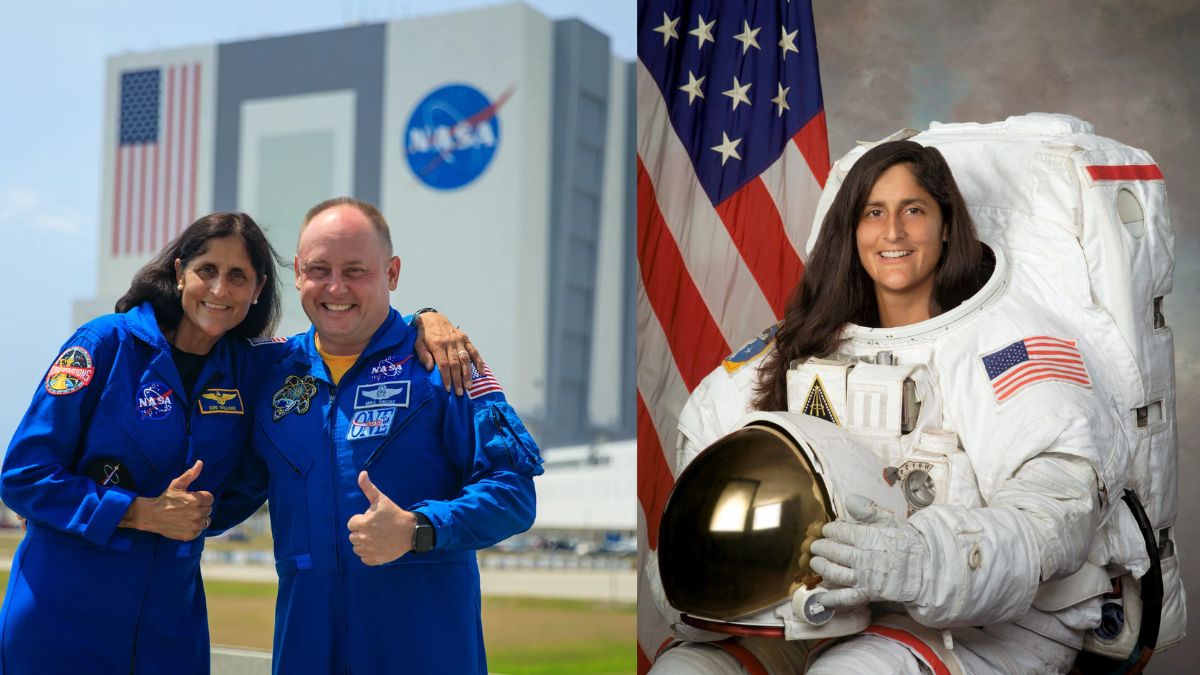India-China Relations: A Strained History
India and China, two of the largest economies in Asia, share a long history of diplomatic, economic, and military engagements. However, the 2020 Galwan Valley clashes severely strained relations, leading to military standoffs, economic restrictions, and diplomatic setbacks.
The meeting between Vikram Misri and Wang Yi is a significant step towards easing these tensions and opening new avenues for cooperation.
Key Takeaways from the Vikram Misri-Wang Yi Meeting
During the meeting, both leaders emphasized the importance of mutual trust and constructive dialogue. Wang Yi stated that China and India should focus on long-term stability and avoid suspicion and hostility.
Misri reaffirmed India’s stance on peaceful negotiations and emphasized the need for an equitable approach to border disputes and trade imbalances.
Resolving Border Tensions: A Priority for Both Nations
The primary focus of the discussions was the unresolved border tensions in Eastern Ladakh. India has been firm on the demand for complete disengagement and restoration of pre-2020 status along the Line of Actual Control (LAC).
Both sides agreed to continue working through diplomatic and military channels to reduce tensions and prevent further escalations.
The Global South Perspective on India-China Cooperation
India and China play a crucial role in representing the Global South in global forums like BRICS, the G20, and the UN. Their cooperation is essential for advocating fair trade policies, climate action, and economic stability for developing nations.
By improving their bilateral ties, both countries can strengthen their leadership position in global governance.
The Future of India-China Diplomatic Engagements
Despite the progress made in the meeting, several challenges remain. Territorial disputes, trade imbalances, and strategic alliances with rival nations continue to complicate the relationship.
However, the diplomatic dialogue between Vikram Misri and Wang Yi signals an intention to move forward with mutual understanding and cooperation. The coming months will be crucial in determining whether both nations can sustain this momentum.






